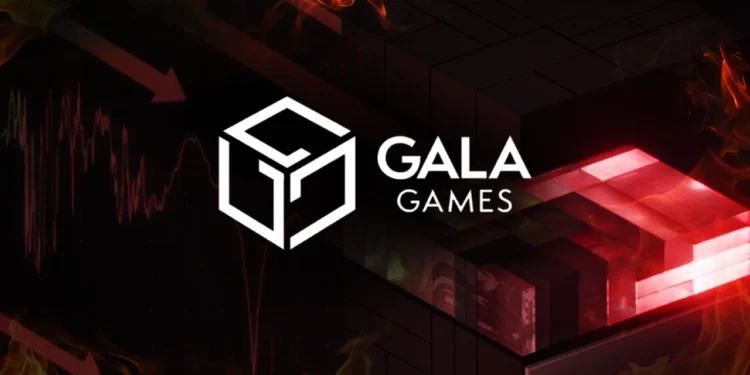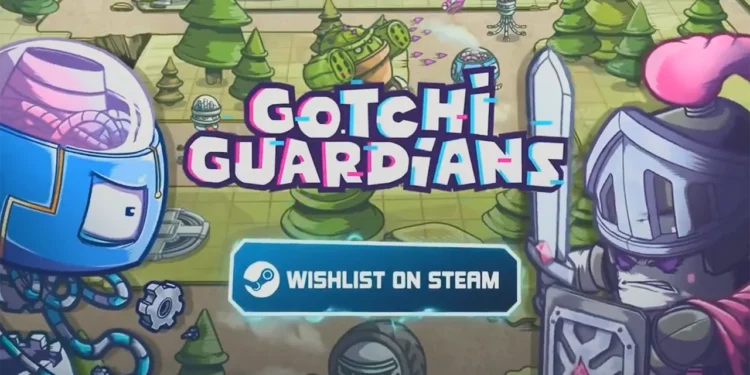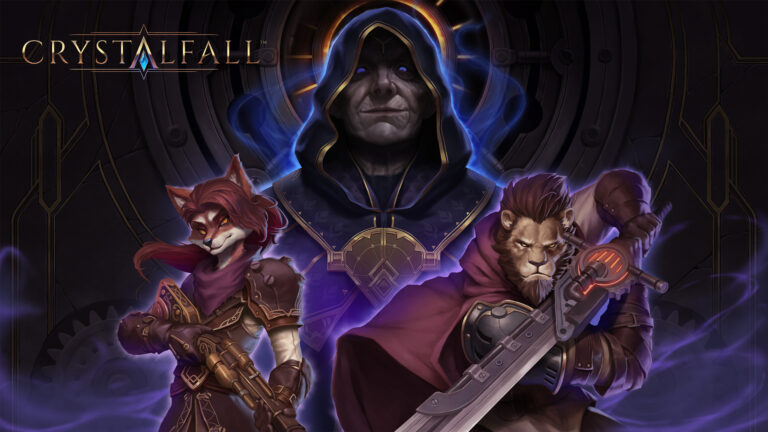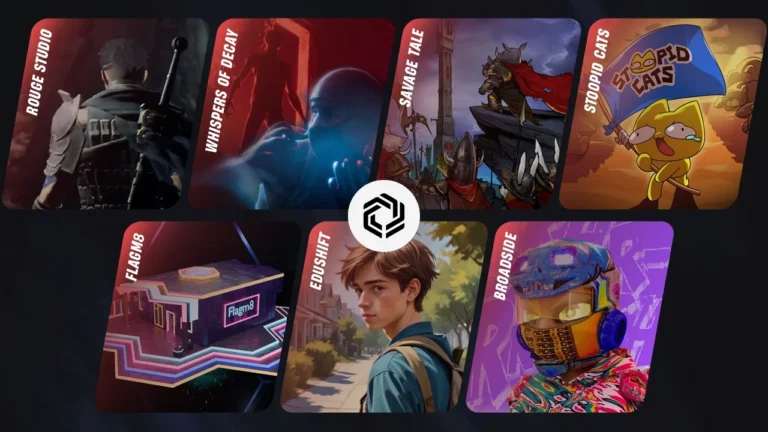
The Web3 gaming community witnessed another public relations disaster this week when Gala Games CEO Eric Schiermeyer responded to a community member’s financial concerns with a dismissive comment about their inability to support the platform.
The Controversy Unfolds
A longtime Gala Games supporter revealed they had invested over $300,000 in NFTs through the Gala store across several years while selling only $10,000 worth of GALA tokens. The user explained they faced unemployment and needed an additional $45,000 in GALA tokens to keep their founder’s nodes operational.
The community member asked Gala leadership directly whether the platform still welcomed lower-income users.
Schiermeyer, known online as “”Benefactor,”” responded publicly: “”It sucks that you’re not able to be counted on to help take us to the promised land.””
Screenshots of this exchange spread rapidly across Discord and social media platforms, triggering widespread criticism from the Web3 gaming community.
Industry Reaction
Jesus Martinez, a Web3 gaming content creator and former Gala partner, shared his perspective on the situation:
“”This is the reason GALA failed. The platform’s core problem was not failed products or pivots, but an ongoing disregard for community and developer sentiment.””
Jason Brink, Gala’s former head of blockchain, commented on the situation before deleting his post. In a follow-up statement, Brink noted: “”I think of a lot of CEOs who are worse… but if this is what your community is saying about you, you have room for improvement in community management and communications.””
Gala Games’ Mounting Challenges
The controversy arrives during a difficult period for Gala Games. Several factors have contributed to declining community confidence:
Game Shutdowns and Compensation Issues
The Walking Dead: Empires, a licensed MMO within the Gala Games ecosystem, will shut down on July 31, 2025. Players who purchased NFTs worth thousands of dollars received “”mystery boxes”” as compensation for their investments.
Token Performance
The GALA token has declined approximately 75% from its 2024 highs. Market confidence has suffered due to game closures, leadership disputes, and legal challenges.
Legal Complications
A 2024 court ruling determined that Gala failed to meet financial and promotional obligations related to the Spider Tanks project, adding legal pressure to the company’s existing challenges.
Node Economics Under Scrutiny
The node holder complaint highlights broader issues with Gala’s economic model. Founder’s node operators must hold significant amounts of GALA tokens to maintain their status and earn rewards.
As token prices decline and holding requirements increase, many node operators face financial pressure to maintain their positions. The $45,000 requirement mentioned by the community member represents a substantial barrier for individual investors.
Community Trust and Web3 Gaming
This incident raises important questions about community management in Web3 gaming projects:
How should gaming platforms balance economic sustainability with community accessibility?
What responsibilities do CEOs have when responding to community financial concerns?
Do rising operational costs create barriers that exclude smaller investors from Web3 gaming ecosystems?
Broader Implications for Gaming DAOs
Gala Games operates as a gaming DAO where node holders participate in governance and revenue sharing. The tension between node economics and community accessibility affects similar projects across the Web3 gaming space.
When economic barriers increase, projects risk losing community members who provided early support but lack resources for continued participation.
Looking Forward
Gala Games continues developing titles including Mirandus and Champions Arena. The company’s future success depends on rebuilding community trust while addressing the economic challenges facing node operators.
The public nature of this controversy demonstrates how Web3 gaming companies face immediate accountability for leadership communications. Social media amplifies both positive and negative interactions with community members.
Key Takeaways
Community management requires careful consideration of financial pressures facing supporters. Dismissive responses to legitimate concerns damage trust and reputation.
Web3 gaming projects must balance economic requirements with community inclusion. Rising barriers to participation risk alienating early supporters who helped build the platform.
Leadership communication in decentralized gaming projects faces intense public scrutiny. Every interaction with community members becomes potential public relations material.
The Gala Games controversy serves as a reminder that successful Web3 gaming requires both technical innovation and respectful community engagement. Economic models must consider the diverse financial situations of community members who contribute to platform growth.
As the Web3 gaming industry matures, companies will face ongoing pressure to balance profitability with community values. The platforms that succeed will likely be those that maintain genuine connections with their supporters while building sustainable business models.



